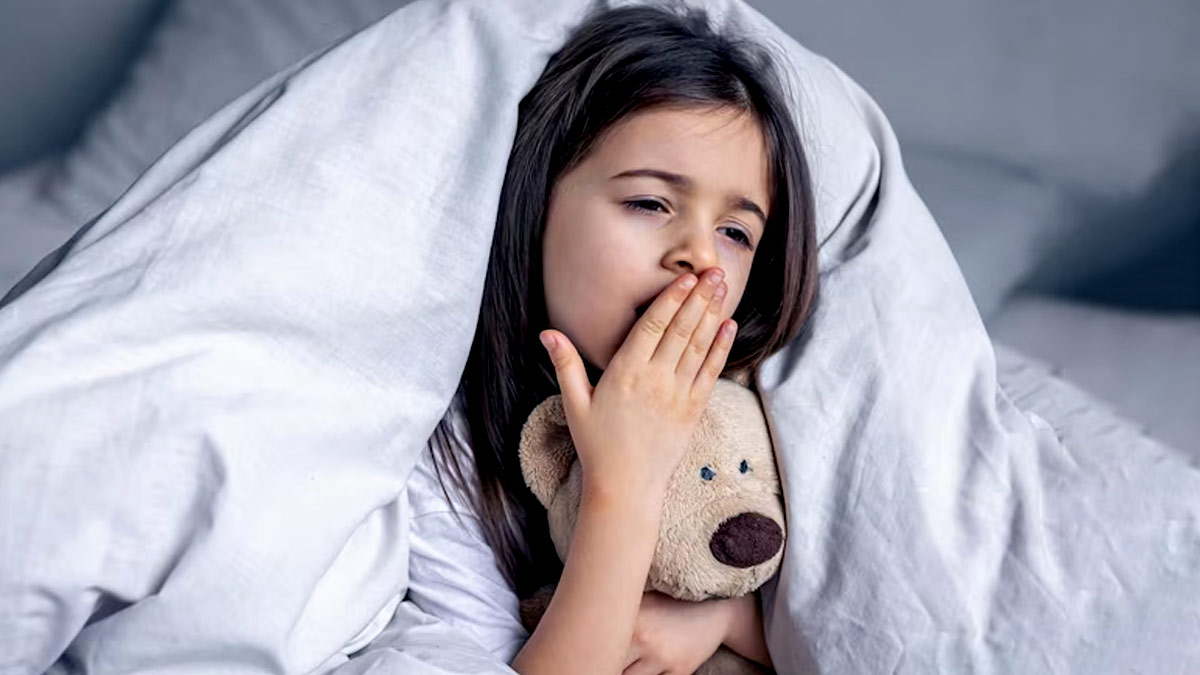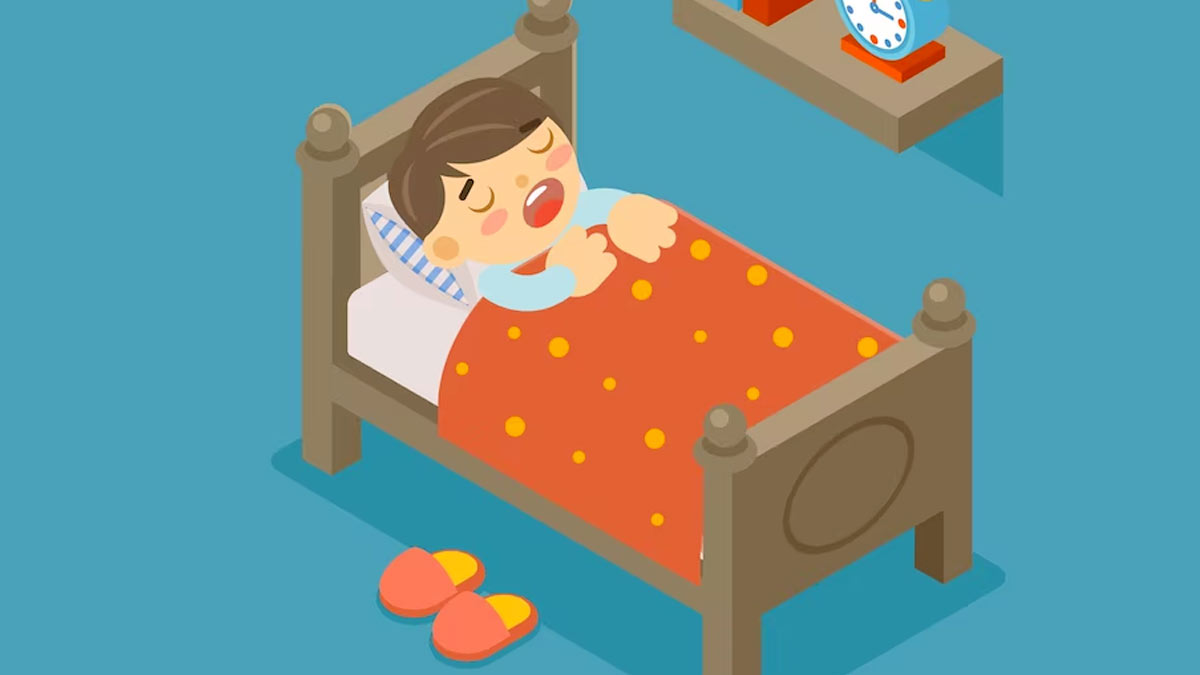
Sleep is crucial for a child's growth and development, impacting their physical and mental well-being. However, an increasing number of children are grappling with sleep problems, posing concerns for parents and caregivers. Identifying warning signs and implementing effective treatment therapies can help address these issues early on.
Table of Content:-
We spoke to our expert Dr Asmita Mahajan, Consultant Neonatologist & Paediatrician, SL Raheja Hospital, Mahim - A Fortis Associate as she explained the warning signs and treatment therapies for sleep problems among children. Here is what she shared with us.
Warning Signs of Sleep Problems Among Children
1. Difficulty Falling Asleep
Persistent struggles to initiate sleep, including prolonged tossing and turning, may indicate a sleep problem.
2. Frequent Night Wakings
If a child consistently wakes up during the night and has trouble returning to sleep, it could be a sign of an underlying issue.
3. Excessive Daytime Sleepiness
While children may occasionally feel tired during the day, chronic fatigue or excessive sleepiness may indicate inadequate or disrupted nighttime sleep.

Also Read: Winter Wellness: 7 Reasons to Add Goosefoot (Bathua) in Your Winter Diet, According to Experts
4. Changes in Behavior
Sleep problems can manifest as irritability, mood swings, or difficulty concentrating during waking hours.
5. Physical Symptoms
Headaches, stomachaches, and other unexplained physical complaints may be linked to poor sleep.

Also Read: Winter Wellness: 7 Reasons to Add Goosefoot (Bathua) in Your Winter Diet, According to Experts
Treatment Therapies for Sleep Problems Among Children
1. Establish a Consistent Sleep Routine
Develop a regular bedtime routine to signal the body that it's time to wind down. Consistency helps regulate the child's internal sleep-wake clock.
2. Create a Comfortable Sleep Environment
Ensure the bedroom is conducive to sleep by maintaining a cool, dark, and quiet atmosphere. Comfortable bedding and a favourite stuffed animal can provide a sense of security.
3. Limit Screen Time
Reduce exposure to screens before bedtime, as the blue light emitted can disrupt the production of melatonin, a hormone that regulates sleep.

Also Read: Winter Wellness: 7 Reasons to Add Goosefoot (Bathua) in Your Winter Diet, According to Experts
4. Encourage Physical Activity
Regular exercise promotes better sleep. However, avoid vigorous activities close to bedtime.
5. Mindfulness and Relaxation Techniques
Teach children calming practices such as deep breathing, meditation, or gentle stretching to ease the transition into sleep.
6. Consult a Healthcare Professional
If sleep problems persist, consult a paediatrician or sleep specialist. They can identify underlying issues, such as sleep apnea or restless leg syndrome, and recommend appropriate interventions.
Addressing sleep problems in children requires a collaborative effort between parents, caregivers, and healthcare professionals. By recognising warning signs early on and implementing effective treatment strategies, we can contribute to the overall well-being and healthy development of our children.
Also watch this video
How we keep this article up to date:
We work with experts and keep a close eye on the latest in health and wellness. Whenever there is a new research or helpful information, we update our articles with accurate and useful advice.
Current Version